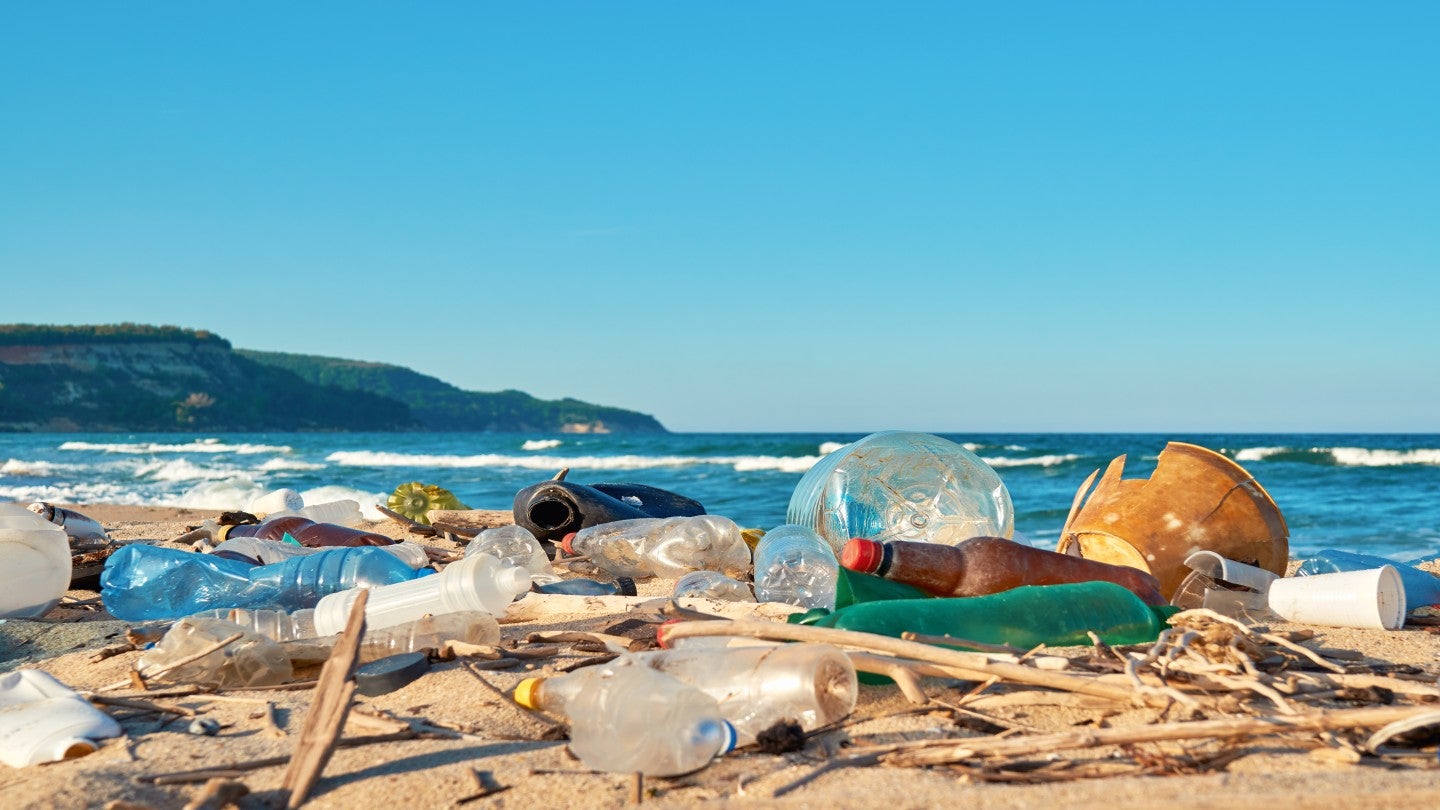
The UK Plastics Pact, led by international climate action organisation WRAP, has released its latest report highlighting the significance of public/private partnerships to combat plastic pollution.
The report comes a day ahead of the opening of the third round of negotiations on the Global Plastic Treaty to end plastic pollution.
A delegation from WRAP, carrying a five-year evaluation of impacts under the UK Plastics Pact, is also participating in this event, to be held in Nairobi.
The report details the progress made by businesses under the UK Plastic Pact in minimising plastic waste.
However, it also claims that all the set reduction targets cannot be achieved in time for the 2025 deadline.
This is mainly due to the widespread lack of required infrastructure needed for the collection, sorting, and recycling of plastic bags.
Another major issue is product packaging, which requires setting specific regulations such as extended producer responsibility schemes, mandatory collection, and plastics packaging tax reforms to support output from non-mechanical recycling to be ‘counted’ as recyclate.
To help counter these issues, WRAP said that it is important to have public/private agreements, for instance, the UK Plastics Pact, to support the industry in achieving its targets by taking urgent action.
The UK Plastics Pact currently has a global network of 14 national and regional Pacts, which operate across different continents alongside national partners and WRAP itself.
WRAP CEO Harriet Lamb said: “Public-private partnerships like the UK Plastics Pact show just what’s achievable through collaboration. We believe passionately that these models deliver big changes – fast. It also shows the key role regulation must also play.
“The challenge ahead is huge, but so too are the opportunities to benefit from a circular economy for plastics and improve the situation for people affected by plastic waste around the world. The network of Plastics Pacts around the world are blueprints which can be replicated and scaled to tackle plastics pollution.”



